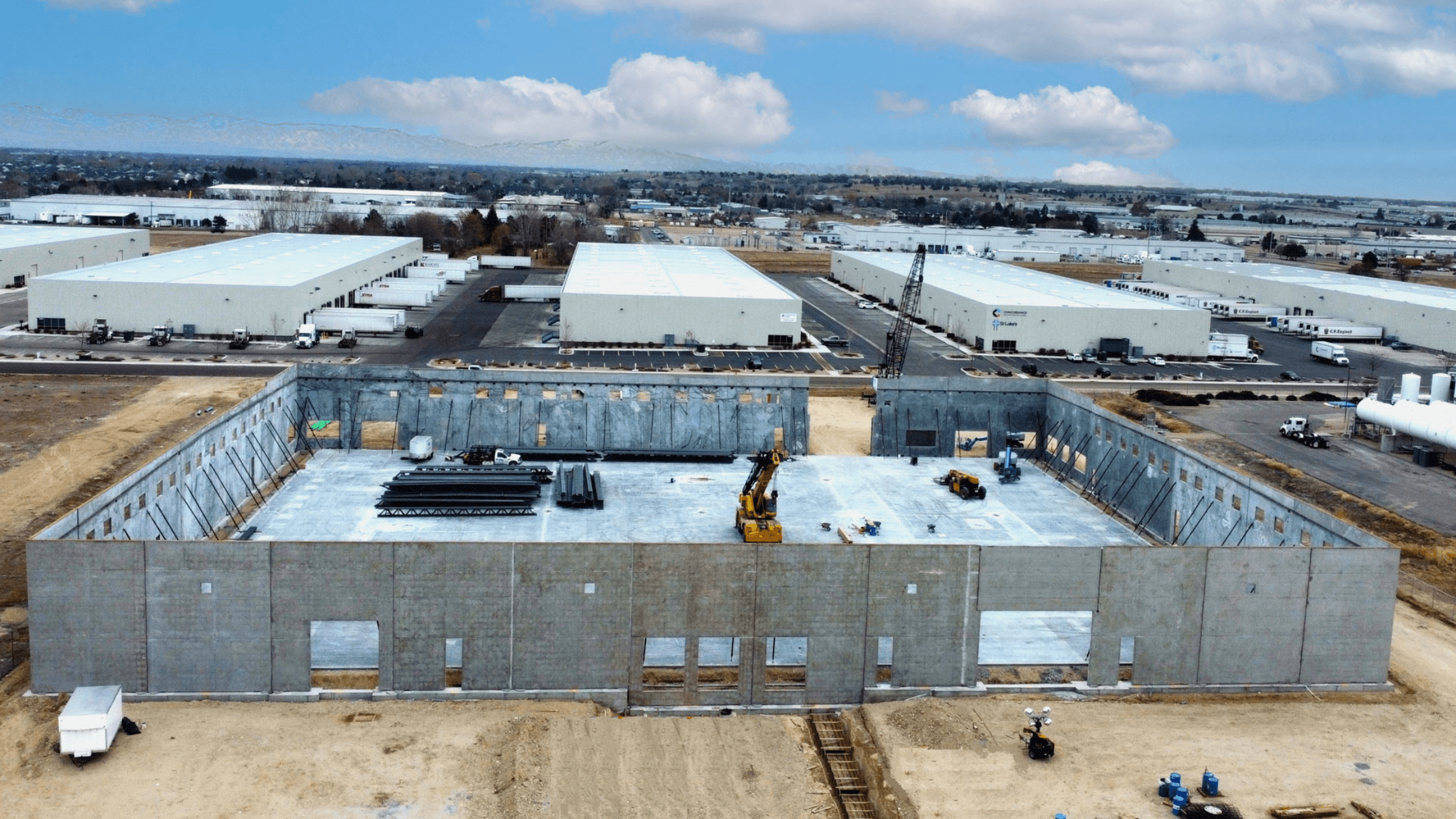The search for the perfect industrial property can feel like a big step—and it is. When you’re trying to find the right space for your business, it’s not just about picking a building; it’s about setting the stage for growth, efficiency, and future opportunities. Whether you’re expanding an established operation or just getting started, the right space can streamline logistics, boost productivity, and even give your business the edge it needs in a competitive market. But with so many details to consider, from zoning regulations to future scalability, the process can quickly become overwhelming. This blog will break it down, offering practical steps to help you find an industrial property for your business that’s more than just a space—it’s a foundation for your business’s success.
Clarifying Your Business Needs: Know Exactly What You’re Looking For
The first step in finding the right industrial property is having a clear understanding of your specific business requirements. Identify what activities the space will support, whether it’s warehousing, manufacturing, or logistics. For warehousing, you might need ample storage space with high ceilings and easy loading dock access. In a manufacturing facility, factors such as electrical capacity, floor durability, and ventilation could be crucial. Additionally, think about location requirements, like proximity to suppliers, customers, and transportation hubs, which can directly influence logistics costs and efficiency. Don’t forget to factor in zoning regulations, as local laws may restrict certain industrial activities in specific areas.
Exploring Different Property Types: Finding the Right Fit for Your Operations
When it comes to industrial properties, not all spaces are created equal. Different types of industrial properties offer various features that may or may not suit your business needs. Warehouses are perfect for storage and distribution, often featuring loading docks and racking systems for efficient inventory management. Manufacturing facilities should have ample electrical power, floor load-bearing capabilities, and proper ventilation. For businesses seeking versatility, flex space combines industrial, office, and storage areas into one property, making it suitable for growing companies that need to adapt their space over time. Distribution centers are designed for logistics and transportation, with features like multiple loading docks and easy access to major highways or railroads.
Budget Planning: Preparing for the Costs of Industrial Real Estate
Setting a realistic budget is crucial when searching for industrial property. Consider both upfront costs, such as deposits or down payments, and ongoing expenses, including rent, utilities, property taxes, and maintenance. If you plan to customize the space with specific equipment or layout changes, these improvement costs should be factored into your budget as well. Additionally, explore financing options, such as commercial loans or leasing agreements, to determine what fits your financial situation. Many local governments offer incentives, grants, or tax breaks for businesses that contribute to economic development, which can help make your investment more affordable.
Choosing the Right Location: Finding a Spot That Supports Your Growth
Location plays a crucial role in the functionality and cost-effectiveness of an industrial property. If your operations involve distribution or logistics, proximity to major transportation hubs like highways, airports, or railways can be a game-changer. Also, consider the local labor market, as having access to a skilled workforce can make hiring easier and reduce training costs. Don’t just think about current needs; factor in future growth potential by selecting a location that has room for expansion and aligns with local development plans.
Partnering with an Industrial Real Estate Specialist: Why It’s Worth It
Working with a commercial real estate broker who specializes in industrial properties can make a significant difference in finding the right space. An experienced broker can help you understand market trends, identify suitable properties, and negotiate favorable terms. Choosing a broker with a deep knowledge of industrial real estate and familiarity with your target market ensures that you’re getting the best advice and property options available. Brokers can streamline the process from finding listings to closing deals, saving you time and helping you avoid costly mistakes.
Evaluating Properties: How to Make the Right Choice for Your Business
After identifying potential properties, you’ll need to evaluate them thoroughly to ensure they meet your business needs. During property inspections, assess the building’s condition, utilities, and safety features. It’s also wise to check for any code compliance issues, as this can affect your ability to operate legally. Compare multiple properties using a checklist that considers size, location, cost, and unique features. Lastly, evaluate the long-term viability of each property by considering whether it can accommodate future business growth and changing needs.
Negotiating Lease or Purchase Agreements: Securing the Best Deal
The terms of your lease or purchase agreement can have a lasting impact on your finances and operational flexibility. When leasing, important factors include lease duration, rent increases, and maintenance responsibilities. If buying, consider potential contingencies and exit strategies should your business needs change. Compare the pros and cons of leasing versus buying, depending on your financial situation and long-term business plans. Make sure to review the agreement for important clauses related to property usage, renewal options, and tenant improvements to ensure favorable terms.
Setting Up Your Industrial Space: Making It Ready for Operations
Once you’ve secured your industrial property, the next step is setting it up for your operations. This might involve renovations or upgrades, such as installing specialized equipment or reconfiguring the layout to optimize workflow. Ensuring that your space is compliant with local regulations will prevent legal issues and keep your operations running smoothly. Design the layout strategically to maximize storage, streamline processes, and facilitate easy movement of goods and materials within the space.
Discover How Adler Industrial Guides You to the Ideal Industrial Property
Adler Industrial is a trusted partner when it comes to securing industrial real estate that fits your unique business needs. With extensive expertise in the commercial real estate market, we understand the diverse requirements of businesses and offer tailored property solutions that fit your budget and operational goals. Our wide range of industrial properties, from warehouses and manufacturing facilities to distribution centers, ensures that we have the right space for you. Visit Adler Industrial to explore listings and receive personalized assistance, making the process of finding the perfect industrial property easier and more efficient.
Conclusion:
Securing the right industrial property for your business requires careful planning, a clear understanding of your needs, and professional guidance. By taking a strategic approach and following the steps outlined in this guide, you can find a space that supports your operations and paves the way for future growth. Partnering with experts like Adler Industrial can further streamline the process, helping you make informed decisions and find the ideal property. Contact Adler Industrial today to start your journey toward finding the perfect industrial space to drive your business forward.




